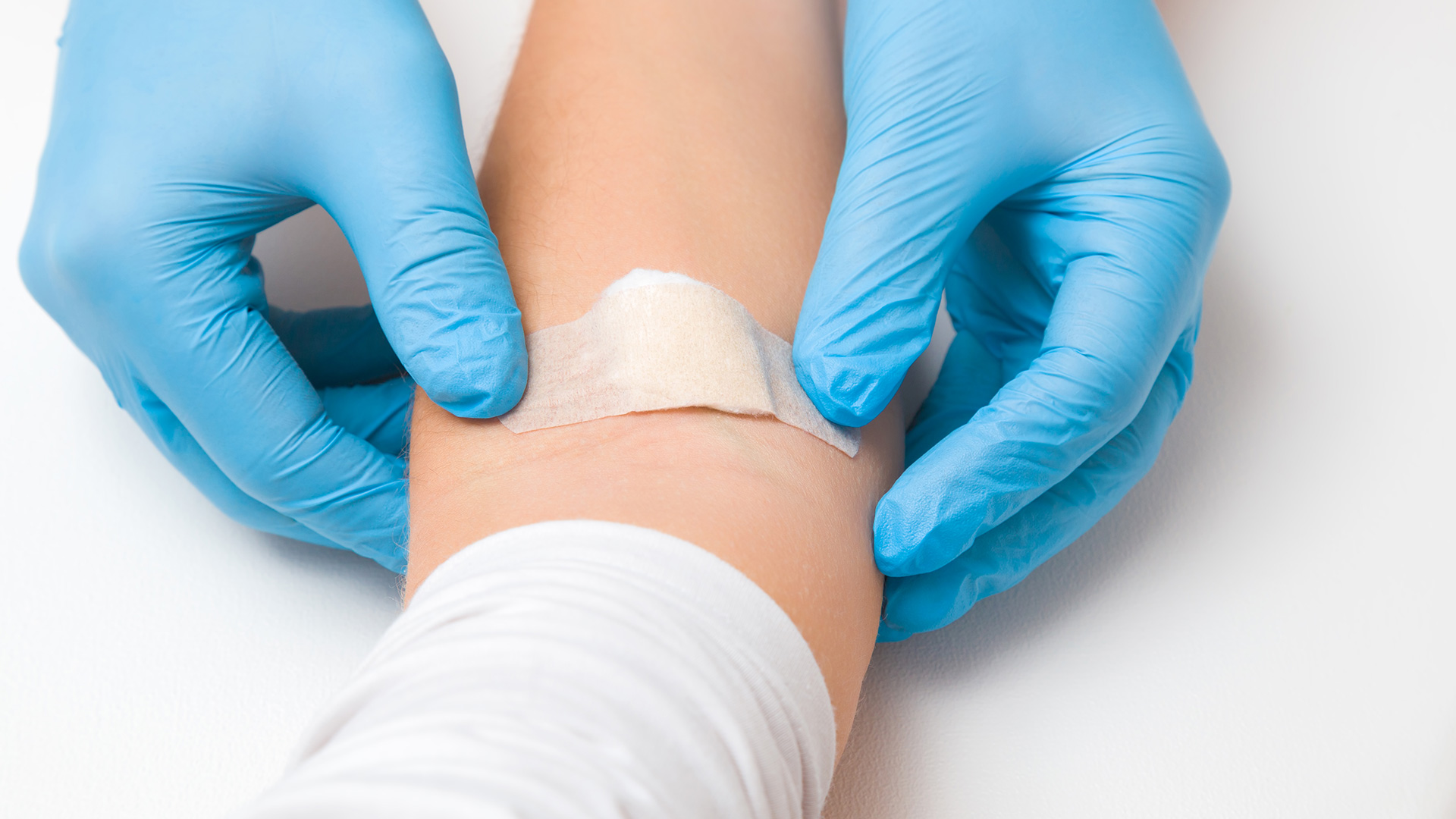The Novo Nordisk Foundation is awarding a grant of DKK 20 million to launch a new ambitious research project to identify the level of transmission of COVID-19 among people in the labour market in Denmark. The project will give researchers a better idea of how the new coronavirus spreads among adults in the workplace, at home and among their close contacts and the trends in transmission and immunity over time.
People’s immune systems and their defences against viruses and bacteria are based on the body remembering. However, people have no immune memory and no protective immunity against COVID-19 since this new coronavirus has not previously infected them. In the new project, researchers want to test up to 40,000 people for SARS-CoV-2 antibodies three times in one year to determine such things as how well our immune systems remember the virus, whether those previously infected become immune – and whether they remain immune.
“A random sample provided by Statens Serum Institut so far leads us to think that about 1% of the participants will test positive to the antibodies, but we do not know for sure. Further in-depth investigation of these positive samples will enable us to investigate whether having antibodies actually provides immunity to the virus. We will also be able to monitor the response over time, thereby obtaining new knowledge about the virus,” says Peter Garred, Professor of Clinical Molecular Medicine at Rigshospitalet and the University of Copenhagen.
Broad collaboration
The new project is a collaboration between researchers at Rigshospitalet, Herlev & Gentofte Hospital and the University of Copenhagen, Aarhus University, Statens Serum Institut and Novo Nordisk A/S.
The trial participants will be employees in Denmark of Novo Nordisk A/S, Novozymes A/S, Novo Holdings A/S and the Novo Nordisk Foundation, including their partners and their adult children.
The trial participants will initially provide a blood sample and will then complete a questionnaire about their job function, family, travel habits and whether they have had any symptoms that could indicate COVID-19. The blood sample will then be tested for antibodies to SARS-CoV-2 using a newly developed and highly reliable antibody test. The participants will be repeat tested after 6 and 12 months.
“The participants have different backgrounds and educational levels and live in different parts of Denmark. The group of potentially 40,000 volunteers is therefore a good and representative proxy model for investigating the transmission of the virus in the labour force in Denmark. Testing employees and their family members for SARS-CoV-2 antibodies will, among other things, reveal how the virus is transmitted among people in close contact,” says Peter Garred.
The employees of the organizations and companies and their family members are free to choose whether to participate in the project, and the researchers hope that the employees will back the initiative by volunteering for the year-long trial.
Birgitte Nauntofte, CEO, Novo Nordisk Foundation says: “In connection with the development of the new Danish antibody test, the researchers expressed a desire to try out the test and examine the immunity of a large population group in Denmark. We hope that by supporting this ambitious project, we can contribute to finding answers to some of the very important unresolved questions on the transmission of the new coronavirus.”
Two types of tests
The researchers will use two types of antibody tests.
One test is the sandwich-ELISA test, which can identify whether a person has created antibodies against SARS-CoV-2 with an accuracy of 97%. If a person tests positive, a second direct-ELISA test will be used to examine which types of antibodies (IgM, IgA and IgG) the person has. The quantity of the different types of antibodies a person has changes over time and therefore also influences how immune the person is. The type of antibody present may be important for any future treatment of people with COVID-19.
Both new tests have been developed in a collaboration between Rigshospitalet, the University of Copenhagen and Novo Nordisk A/S, with support from the Carlsberg Foundation.
The new project will not reduce the capacity of the other test initiatives implemented by Denmark’s administrative regions and Statens Serum Institut.
Contact
Peter Garred, Professor
Rigshospitalet, University of Copenhagen
[email protected]
Press contacts
Rigshospitalet
Jesper Sloth Møller, Press Officer, +45 5144 6367
Novo Nordisk Foundation
Christian Mostrup, Senior Programme Lead, +45 3067 4805








